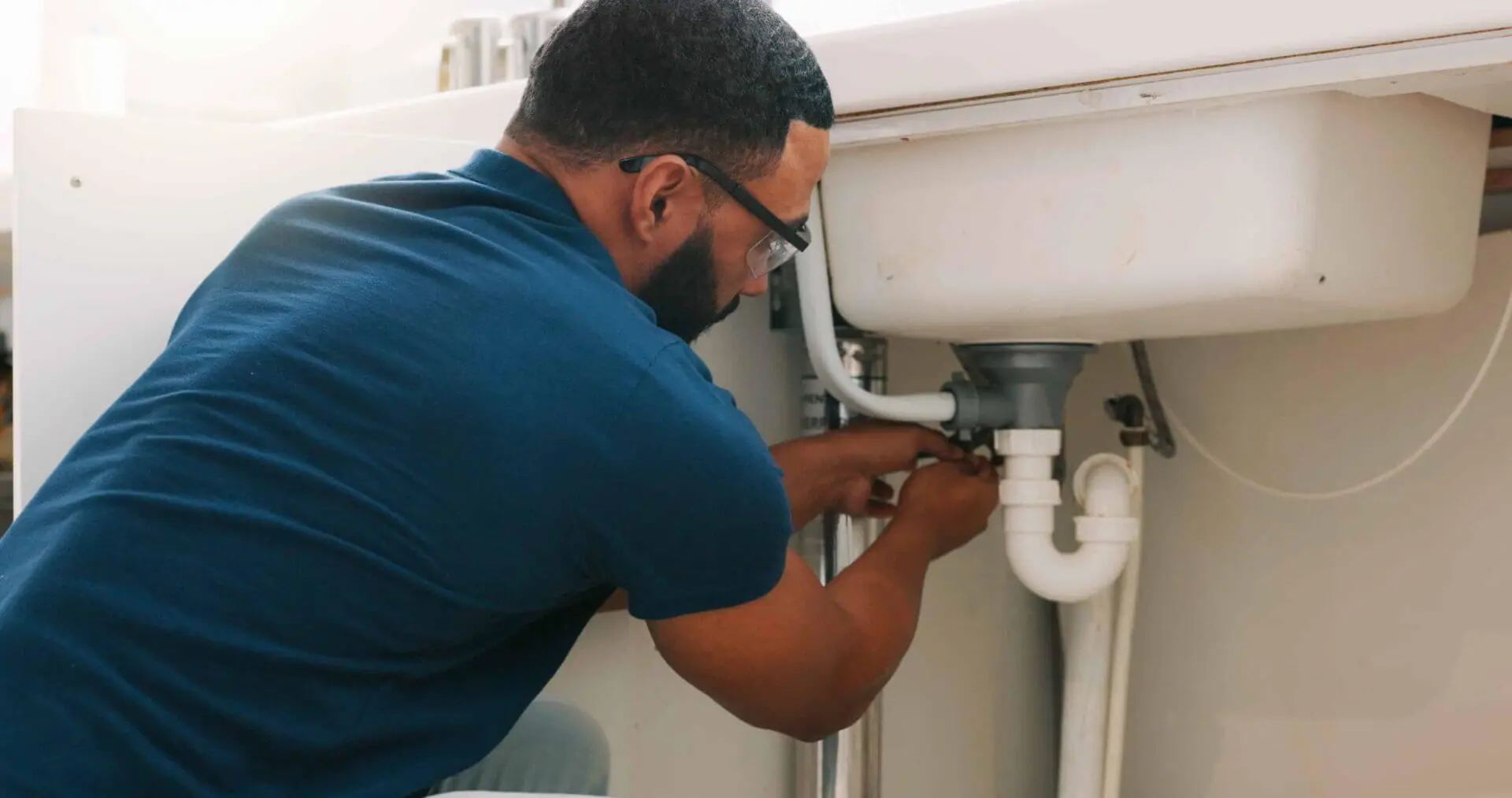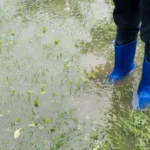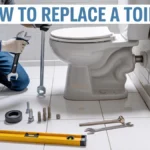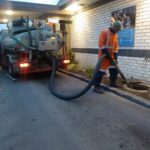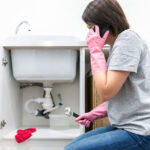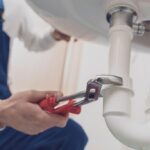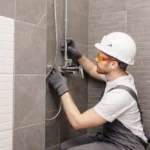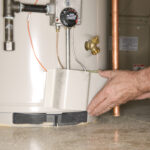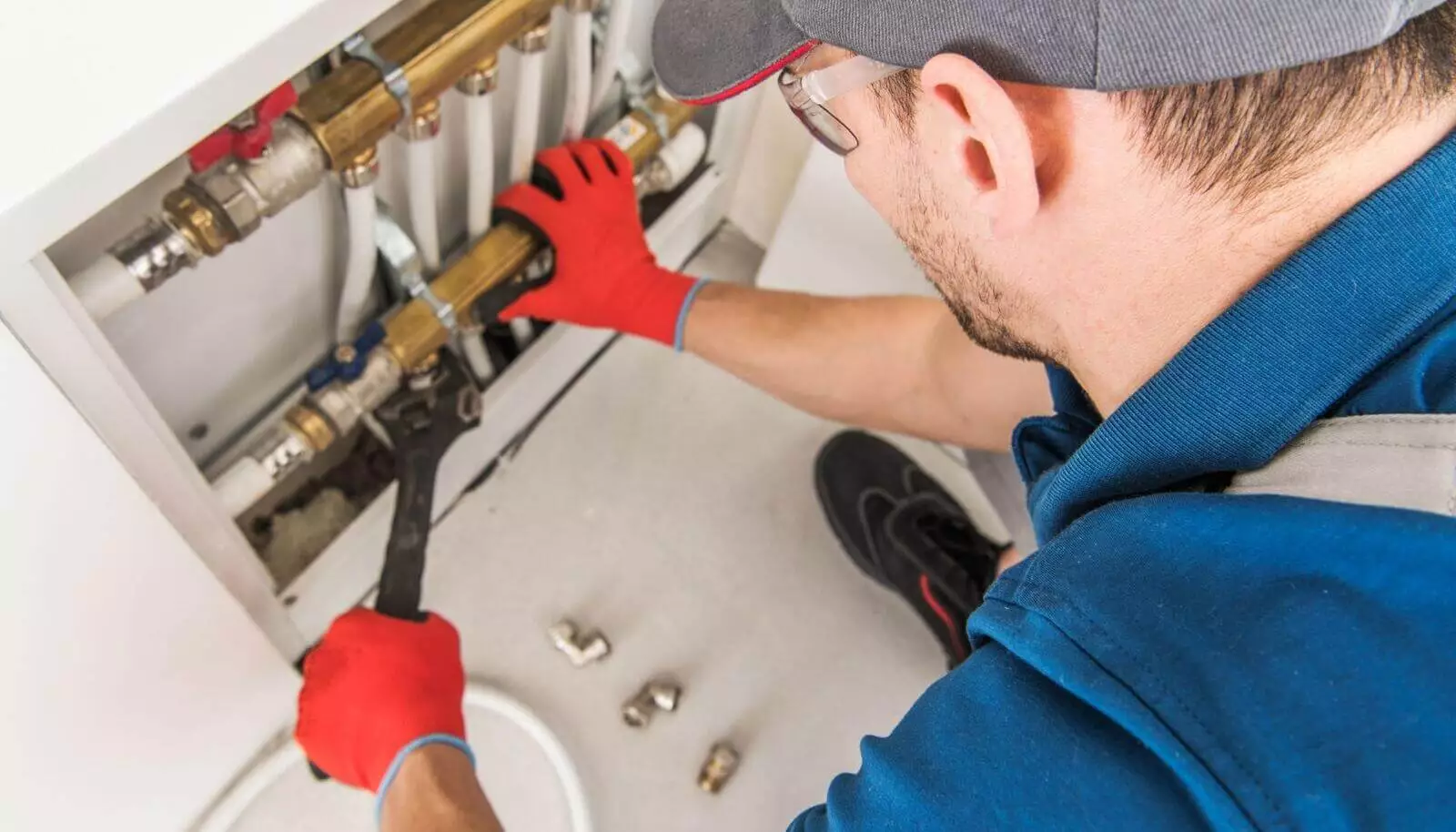Plumbing is an essential aspect of modern living, ensuring the efficient distribution of water and the proper disposal of waste. Understanding the basics of plumbing can help homeowners maintain their systems effectively and address common issues before they escalate.
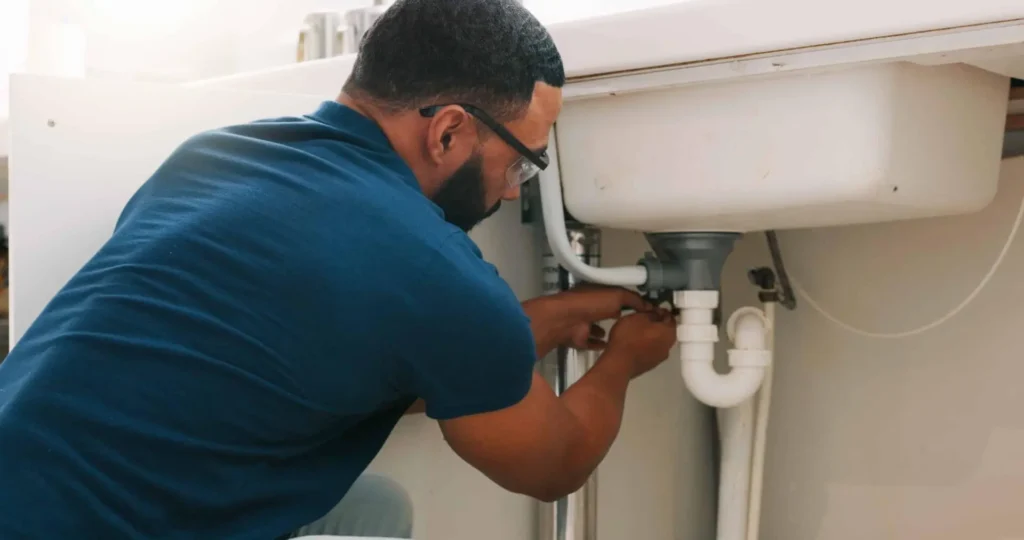
Content
The Importance of Plumbing
Plumbing encompasses a network of pipes, fixtures, and appliances that work together to supply water and remove wastewater. It plays a critical role in residential and commercial settings, affecting everything from daily hygiene to heating and cooling systems. Regular maintenance and prompt repairs can prevent costly damage and ensure a safe, comfortable environment.
Common Plumbing Components
- Pipes: The backbone of any plumbing system, pipes come in various materials, including copper, PVC, and PEX. Each type has its own advantages and disadvantages, impacting durability, cost, and installation.
- Fixtures: These include sinks, toilets, bathtubs, and showers. Fixtures are designed to control water flow and usage, making them critical for efficiency and functionality.
- Appliances: Dishwashers, washing machines, and water heaters are vital for everyday convenience. Proper plumbing is necessary for these appliances to function efficiently and prevent leaks or malfunctions.
Common Plumbing Issues
Homeowners often face various plumbing issues, including:
- Leaky Faucets: A common nuisance, leaky faucets can waste significant water over time. Repairing them often involves replacing washers or O-rings.
- Clogged Drains: Hair, grease, and foreign objects can accumulate in pipes, leading to slow drainage. Regular maintenance and using drain covers can help prevent clogs.
- Running Toilets: A toilet that won’t stop running can waste water and increase utility bills. This issue usually stems from faulty flappers or fill valves.
- Water Heater Problems: Issues like insufficient hot water or leaks can indicate a need for repairs or replacement. Regular inspections can prolong the life of water heaters.
When to Call a Professional
While some plumbing issues can be addressed with DIY solutions, others require professional intervention. According to Ted’s Plumbing, it’s advisable to consult a licensed plumber for complex problems, such as sewer line issues, significant leaks, or installations. A professional can provide expert advice, ensuring your plumbing system operates efficiently and safely.
Conclusion
Understanding the basics of plumbing empowers homeowners to take proactive measures in maintaining their systems. Regular inspections and timely repairs can prevent minor issues from turning into major headaches. For more information on plumbing services and tips, visit Ted’s Plumbing. By investing in your plumbing system, you can ensure the long-term health and functionality of your home.

My name is Author Name. I post about home improvement ideas and how to make your home look beautiful and liveable. I hope my posts will help you with your DIY projects!
